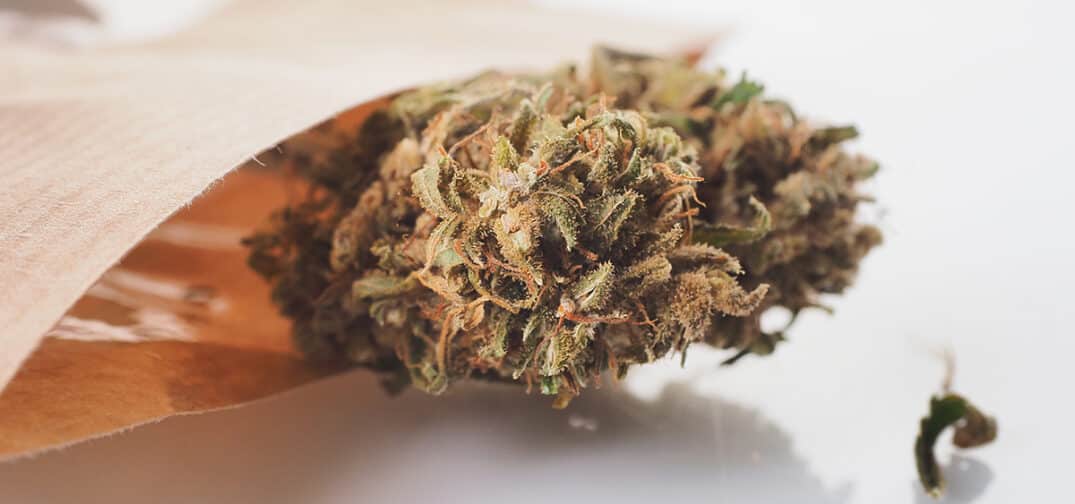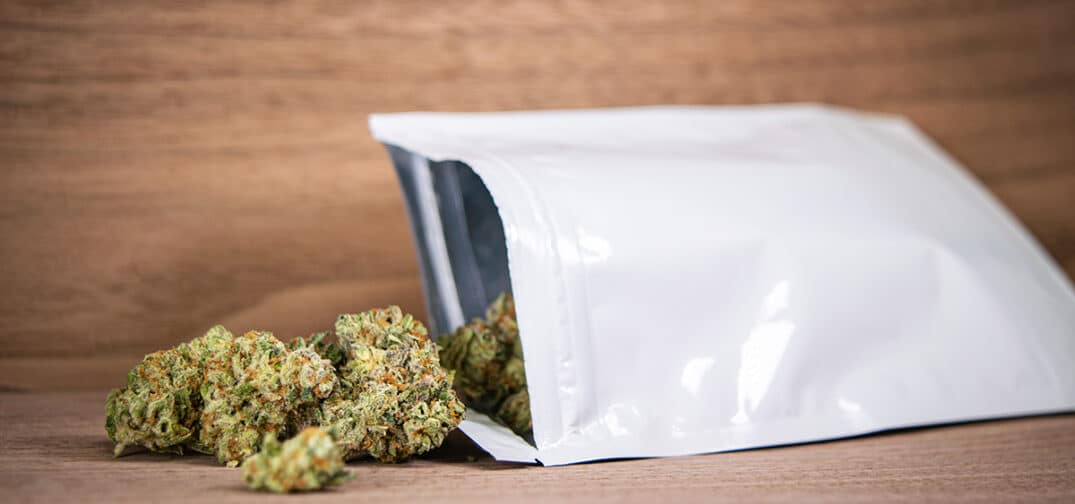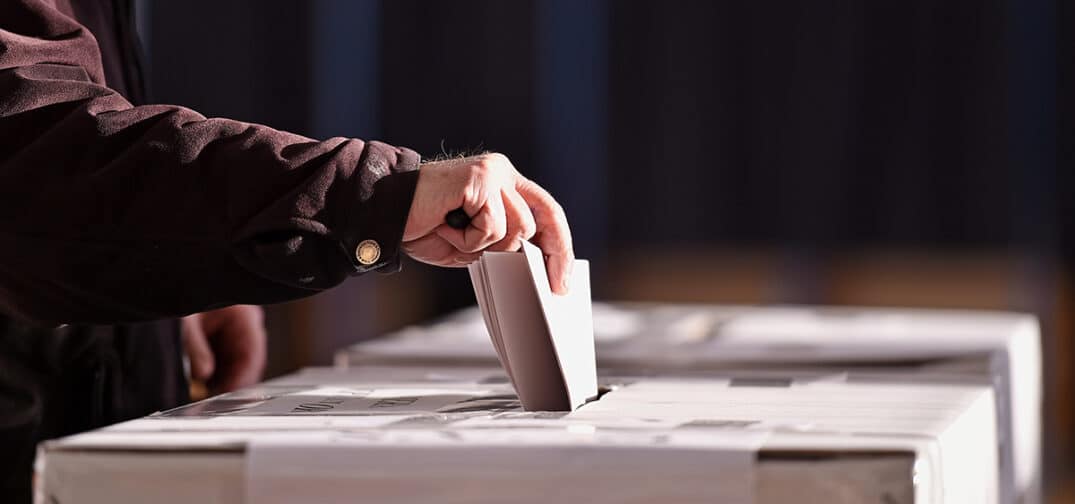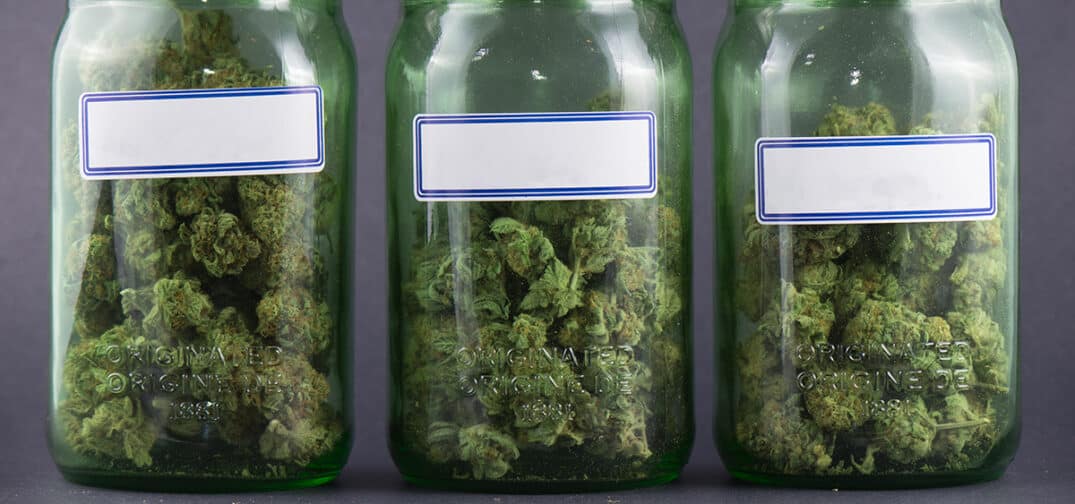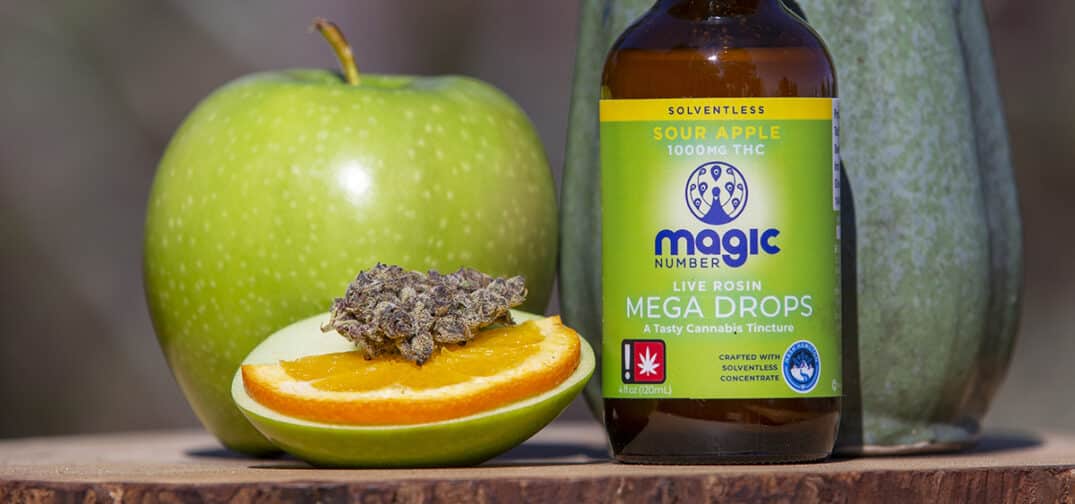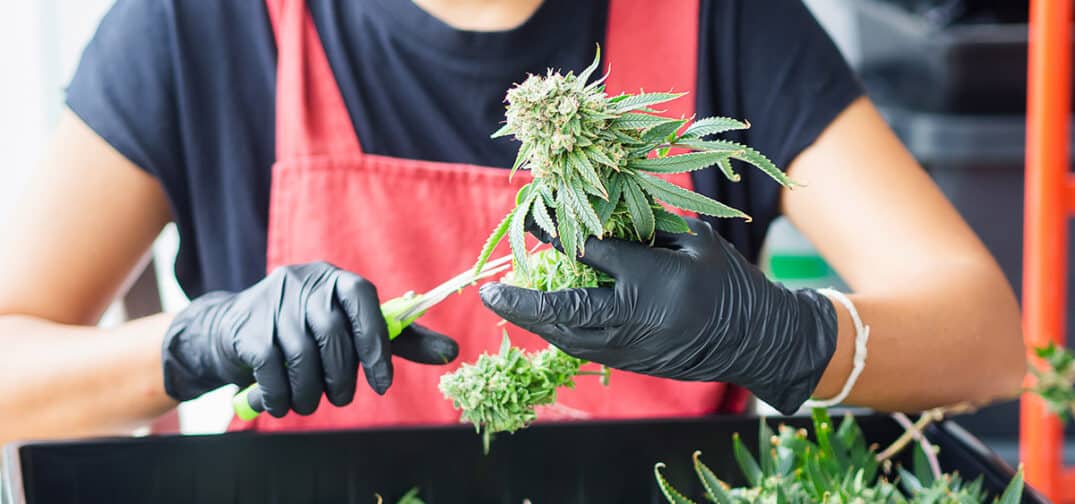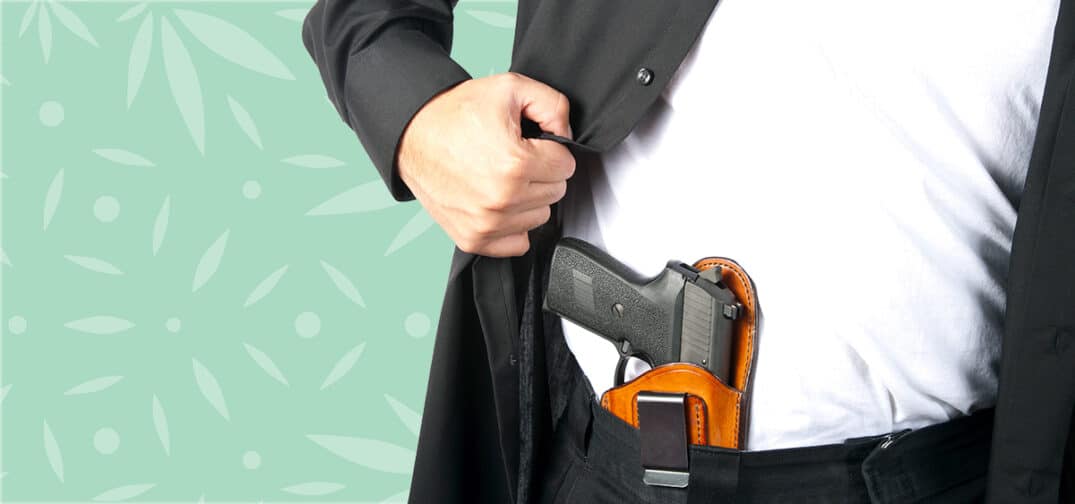Portland, Oregon – July 10, 2023 – Nimble Distro, a leading wholesale distribution company in the Oregon cannabis industry, proudly announces its partnership with Magic Number, producer of Oregon’s #1 cannabis beverage. Nimble Distro has been selected as the distributor for Magic Number and will facilitate the sales and delivery of the manufacturer’s lines of all-natural, live resin-infused beverages and syrups.
The humble origin story of Magic Number began in 2014 when two friends, Alex Berger and Dan Pilver, sought to brew Oregon’s first cannabis-infused Ginger Beer. By way of recycled equipment and relentless ingenuity, the pair tested dozens of recipes to develop the drink that would eventually propel their business from a small-scale garage brewery to the commercial facility they operate today.
Through perseverance, innovation, and the belief in the healing powers of cannabis the team has refined their nano-emulsion technology and has experienced monumental growth. Expanded offerings include varying potencies and a wide selection of teas, sodas, seltzers and tinctures that quench thirst and stimulate minds. Their dedication to sustainability and commitment to sourcing all-natural ingredients from local growers and suppliers sets them apart as a brand that values quality and integrity.
This Summer, Magic Number introduced the next game-changer in the industry: resealable cans.
“This new XO resealable technology is poised to change the very culture of cannabis beverage consumption and expand the category. By turning the single-serving can into a multi-serving beverage, consumers will be able to dial in their Magic Number and create the ideal experience every time” says Jon Tapper, Sales & Marketing Manager at Magic Number. “We have full confidence in Nimble’s capacity to amplify our reach and efficiently distribute our products to meet ever-increasing demand.”
Nimble Distro, led by renowned entrepreneurs Joy Hudson and Marissa Rodriguez, is thrilled to join forces with Magic Number as their distributor. With a reputation for proficiency, profitability, and challenging the norm, Nimble brings a highly capable sales and logistics engine to the partnership.

Utilizing their extensive sales and distribution experience, Hudson and Rodriguez co-founded Nimble with the intention of setting a new standard for efficiency and professionalism in the cannabis space. Alongside their flagship in-house pre-roll lines, KITES and Broomsticks, Nimble distributes dozens of other product lines for a range of farms and processors across Oregon.
Magic Number and Nimble Distro are excited about the future of their partnership and the opportunities it presents to deliver exceptional cannabis-infused beverages to consumers throughout Oregon.
“We are delighted to partner with Magic Number,” said Joy Hudson, Co-founder and CEO of Nimble Distro. “We’re both pioneers. Together we will continue to redefine the cannabis industry and set a new standard for excellence.”
For more information about Nimble Distro and Magic Number, please visit their respective websites at www.nimbledistro.com and www.drinkmagicnumber.com.
About Nimble Distro
Nimble Distro is a leading wholesale distribution company in the cannabis industry. Powered by a proficient logistics and manufacturing engine, Nimble Distro drives profitability and positive social impact by forging collaborative partnerships with premier cannabis cultivators and processors. With a focus on product excellence and community engagement, Nimble Distro is committed to reshaping the future of the cannabis industry.
About Magic Number
Magic Number is Oregon’s #1 cannabis beverage processor. Crafted in Bend, OR with all-natural ingredients and infused with the healing benefits of whole plant cannabis, Magic Number’s liquid edibles offer a fresh and delicious experience to consumers. Rooted in sustainability and quality, Magic Number is dedicated to delivering unparalleled beverages that inspire, uplift, and invigorate.
Contact
Nimble Distro – Terah Ebie – Sales & Logistics Manager – terah@nimbledistro.com
Magic Number – Jon Tapper – Sales & Marketing Manager – jon@drinkmagicnumber.com

